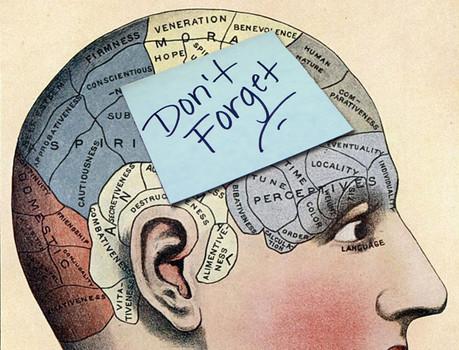Learning and memory are two closely related cognitive processes that are essential for everyday functioning.
Learning refers to the acquisition of new information or skills, while memory refers to the storage and retrieval of that information. In this essay, we will explore the different types of learning and memory, as well as the underlying neural mechanisms.
Learning can occur in many different ways, including classical conditioning, operant conditioning, and observational learning. In classical conditioning, learners repeatedly pair a neutral stimulus with an unconditioned stimulus until the neutral stimulus alone produces a conditioned response.

For example, a dog may learn to associate the sound of a bell with food and begin to salivate at the sound of the bell alone. Operant conditioning, on the other hand, involves learning through the consequences of behavior.
Behaviors that are rewarded are more likely to be repeated by people, while behaviors that are punished are less likely to be repeated.
Observational learning, also known as social learning, involves learning through observing the behavior of others and the consequences of their behavior.
Three main stages divide memory: encoding, storage, and retrieval. Encoding is the process of transforming information into a form that memory can store.
Storage refers to the process of maintaining information in memory over time. Accessing stored information when needed is the process of retrieval.
There are several types of memory, including sensory memory, short-term memory, and long-term memory. Sensory memory is the earliest stage of memory and refers to the brief storage of sensory information, such as the sound of a bell or the sight of a face.
Short-term memory, also known as working memory, is the temporary storage of information that individuals are currently using or processing. Long-term memory refers to the storage of information over a longer period, ranging from minutes to years.
There are also different types of long-term memory, including episodic memory, semantic memory, and procedural memory. Episodic memory refers to memory for specific events or experiences, such as a birthday party or a vacation.
Semantic memory refers to memory for facts and knowledge, such as the capital of France or the definition of a word. Procedural memory refers to memory for skills and procedures, such as riding a bike or playing an instrument.
The neural mechanisms underlying learning and memory are complex and involve many different brain regions and neurotransmitters.
The hippocampus actively participates in forming and retrieving new memories.
The prefrontal cortex plays a role in working memory and executive functions, such as attention and decision-making. The amygdala processes emotions in memories.
Neurotransmitters such as dopamine and acetylcholine play important roles in learning and memory by modulating neural activity and synaptic plasticity.
A variety of factors, including stress, sleep, and aging, can also influence memory. Stress can have both positive and negative effects on memory, with moderate stress improving memory and chronic stress impairing memory.
Sleep is essential for the consolidation of memories, and sleep deprivation can impair memory consolidation. Declines in memory performance, particularly in episodic memory, are associated with aging.
Conclusion
Learning and memory are essential cognitive processes that allow us to acquire and retain information and skills. Learning can occur in many different ways, including classical conditioning, operant conditioning, and observational learning.
Different stages and types, including sensory memory, short-term memory, and long-term memory, divide memory. The neural mechanisms underlying learning and memory involve many different brain regions and neurotransmitters.
A variety of factors, including stress, sleep, and aging, can influence memory. Understanding the mechanisms of learning and memory can have important implications for education, health, and aging. 온라인카지노사이트
Useful article, thank you. Top article, very helpful.